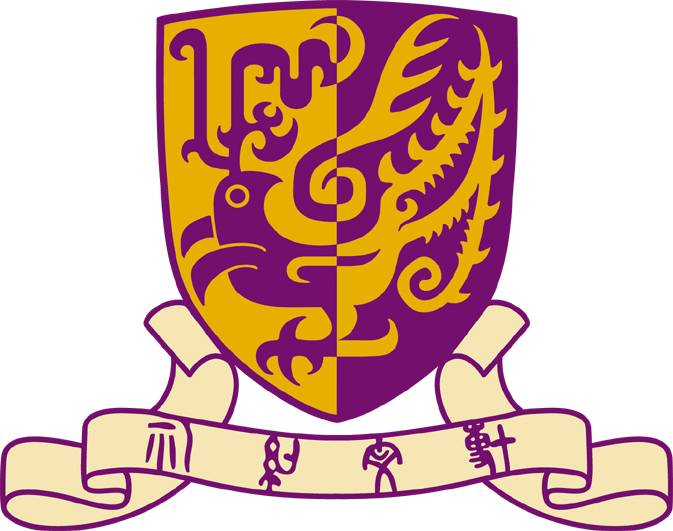Dr. Venera Khalikova has published a new article titled “Medical pluralism” in The Cambridge Encyclopedia of Anthropology.
Abstract:
Medical pluralism describes the availability of different medical approaches, treatments, and institutions that people can use while pursuing health: for example, combining biomedicine with so-called traditional medicine or alternative medicine. If we look closely at how people deal with illness, navigating between home remedies, evidence-based medicines, religious healing, and other alternatives, we can notice that some degree of medical pluralism is present in every contemporary society. As a concept, medical pluralism lies at the heart of the discipline of medical anthropology, which owes its birth to the study of non-Western medical traditions and their encounters with biomedicine. This entry describes the history of debates in the scholarship on medical pluralism, the search for an appropriate terminology, and current theoretical and methodological developments. In the 1960–1980s, many studies were focused on patients and their strategies of choosing a ‘medical system’ from a plurality of options. In the 1980–1990s, the notions of medical systems and medical traditions came under severe criticism for their inability to describe how medical thought and practice change over time, often being too eclectic to fit single systems or traditions. As a result, anthropologists began investigating patient-doctor negotiations of treatment, their diverse health ideologies, as well as the role of political-economic factors in shaping the hierarchies of medical practice. Additionally, scholars began examining the processes of state regulation and institutionalisation of medical traditions (for example, as ‘alternative and complementary medicine’ [CAM] in Europe and North America). This opened the field of medical anthropology to new debates, terminology, and geographical horizons that are trying to account for the pluralist nature of medicine in the twenty-first century. Transnational migration, the Internet, the rise of alternative medical industries, and the global flow of medical goods and knowledge all serve as catalysts for ever-more pluralistic health-seeking practices and ideologies.

